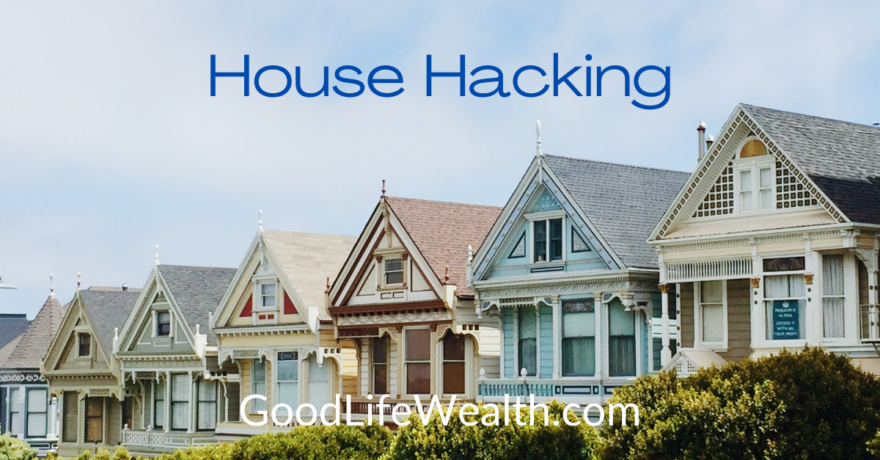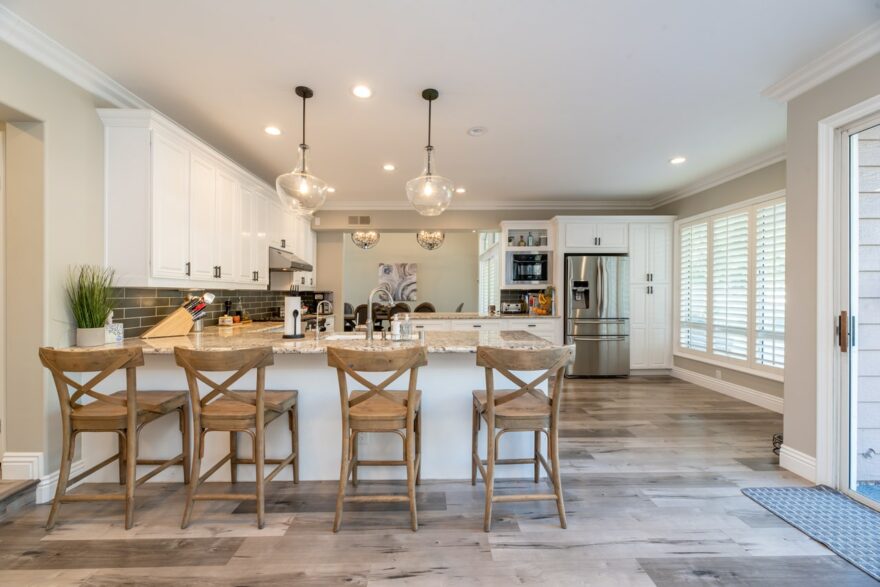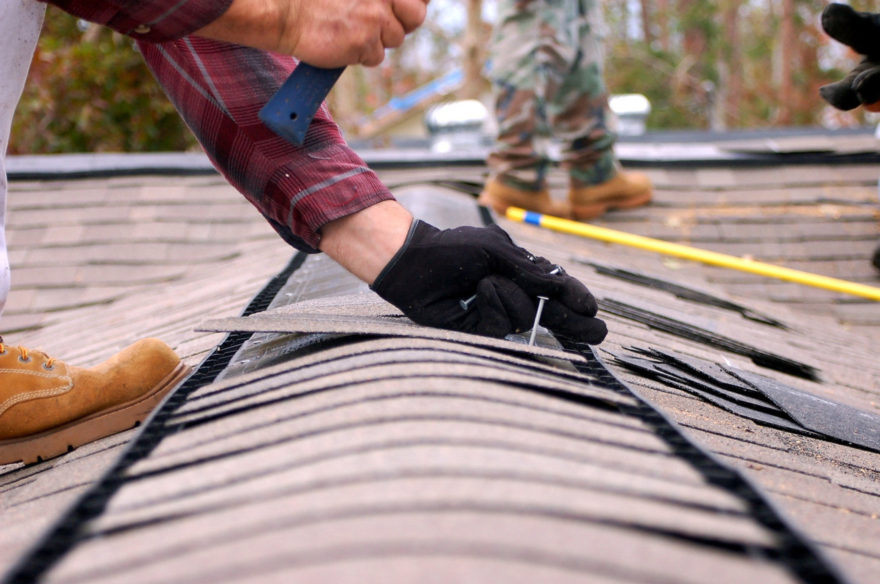If you are looking to buy a home and want to really grow your wealth, consider house hacking. Our ability to save, invest, and grow real wealth begins with a very simple premise. You have to spend less than you make. It couldn’t be more simple, but that doesn’t make it easy.
For most people, your three biggest expenses are housing, taxes, and cars. If we manage those three expenses well, you may be able to save a significant amount of your income. The more you save, the faster you grow, and the sooner you might reach your goals. Read more: Five Wealth Building Habits
The problem is that most Americans are doing the opposite and creating a lifestyle which consumes 100% of their income. And then there is nothing, zero, left to invest.
House Hacking gives you an incredible opportunity to reduce your biggest expense, in some cases, down to zero. Here’s how. Instead of buying a single family home, you buy a duplex, triplex, or four-plex. You live in one unit and rent out the rest. Your tenants will cover much or even all of your mortgage. You can live there with little or no monthly expenses.
With a house hack, you are freeing up your income so you can save and invest. You can pay off your credit cards. Maximize your 401(k) and Roth IRAs. Start saving for college in a 529. And it’s all because you were willing to live in a multi-family home rather than spending thousands every month on a single family home.
The Details
Sure, house hacking isn’t going to be for everyone. But maybe you want to ask how this might work, if you were to consider it. Although you are buying a multi-family building, you are going to use the house as your primary residence and live there. That means you can still use an FHA mortgage and not have to get a more expensive mortgage for a rental or investment property. With an FHA mortgage, you can put as little as 3.5% down with a FICO score of just 580.
Of course, if you have 20% to put down, you could also do a conventional mortgage as a primary residence. Or, if you’re a veteran, you might be eligible for a VA loan with zero down.
Once you have the property, you can split costs between the area where you live and the area which you rent. This means you can also enjoy some of the tax benefits of being a landlord. Let’s say for example, that your building is 3,000 square feet and you live in 1,200 feet and rent out the rest. You occupy 40% and have 60% as a rental.
Then you can look at your costs, such as insurance, utilities, repairs, taxes, etc. For your bills on the whole house, you can allocate 60% of those costs against your rental income on Schedule E. For the 40% where you live, you can also qualify for the Section 121 capital gains exclusion, when you sell.
Living with other people in the same building might not be your dream situation, but if you can make it work, there could be great benefits for you financially. When you manage your biggest expenses, it becomes easy to have money left over to save and invest. Put your savings on autopilot. Maximize your 401(k). Put $500 month into your Roth IRA to get to the $6,000 annual limit.
Who Can Do a House Hack
House hacking certainly makes sense for a first time home buyer, a single person, or a young couple. That’s probably the typical situation. But it could also work well for older investors who want to turbo charge their savings while they are still working. And if you could reduce your monthly housing cost from $2,000 to $200 or $0 a month, would that change when you will be able to retire? Probably. A house hack might enable you to retire at 55 versus 65. Under the 4% rule, reducing your expenses by $2,000 a month means you now need $600,000 less in your nest egg to retire.
Most of us will resist making a sacrifice to be able to save. Still, if you have an open mind, a house hack might be a brilliant way to save and invest. While your friends and colleagues are barely saving anything, you might be able to put away 50% of your income while your tenants are paying down your mortgage. If you can invest $2,000 a month for 10 years, at a 7% return, you could have $344,000. That might be worth a small sacrifice.
Housing is an expense. Your house should go up in value over time, but the expenses of interest, taxes, insurance, and upkeep are not building your wealth. What if you get someone else to pay for your house? When you reduce those expenses, you are giving yourself a tremendous opportunity to save and invest in appreciating assets. If that is important to you, look for creative ways to cut your biggest expenses!
Have you done a house hack? I’d love to hear from you about your experiences. Send me a note!






